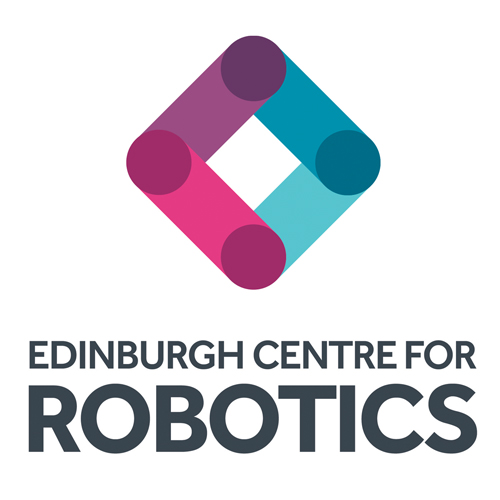There will be an IPAB Workshop on Thursday the 16th November at 12:45 held in conference room 4.31/33. Pastries will be available.
Speaker: Calum Imrie
Title: Spatial self-organisation in swarm robots through Turing Patterns:
Abstract:
Applications of robotic swarms in soft robotics or nanorobotics often face limitations in sensing and motor capabilities. We aim at providing evidence that the modest equipment of the individual robots can be compensated by the inter-action within the swarm. If the robots, such as the well-known Kilobots, have no sense of place or directionality, their collective behaviour can still result in meaningful spatial organisation. We show that a variety of patterns can be formed based on a reaction-diffusion system and that these patterns can be used by the robots to solve spatial tasks. In this talk, we present results for applications of this approach based on 'physically realistic' Kilobot simulations.
Speaker: Kunkun Pang
Title: Meta-Learning Transferable Active Learning Policies by Deep Reinforcement Learning
Abstract:
Active learning (AL) aims to enable training high performance classifiers with low annotation cost by predicting which subset of unlabelled instances would be most beneficial to label. The importance of AL has motivated extensive research, proposing a wide variety of manually designed AL algorithms with diverse theoretical and intuitive motivations. In contrast to this body of research, we propose to treat active learning algorithm design as a meta-learning problem and learn the best criterion from data. We model an active learning algorithm as a deep neural network that inputs the base learner state and the unlabelled point set and predicts the best point to annotate next. Training this active query policy network with reinforcement learning, produces the best non-myopic policy for a given dataset. The key challenge in achieving a general solution to AL then becomes that of learner generalisation, particularly across heterogeneous datasets. We propose a multi-task dataset-e!
mbedding approach that allows dataset-agnostic active learners to be trained.
Our evaluation shows that AL algorithms trained in this way can directly generalize across diverse problems.

